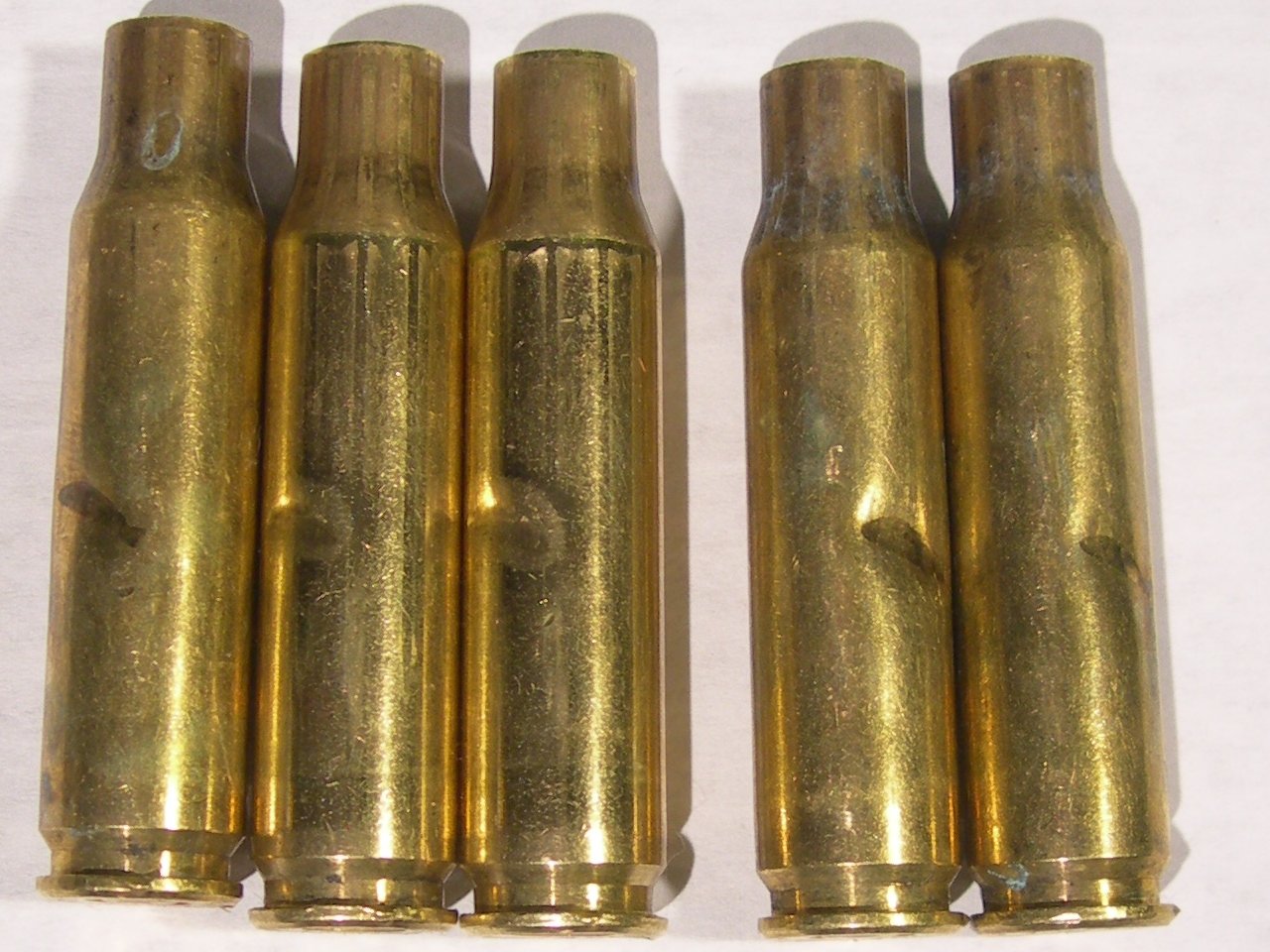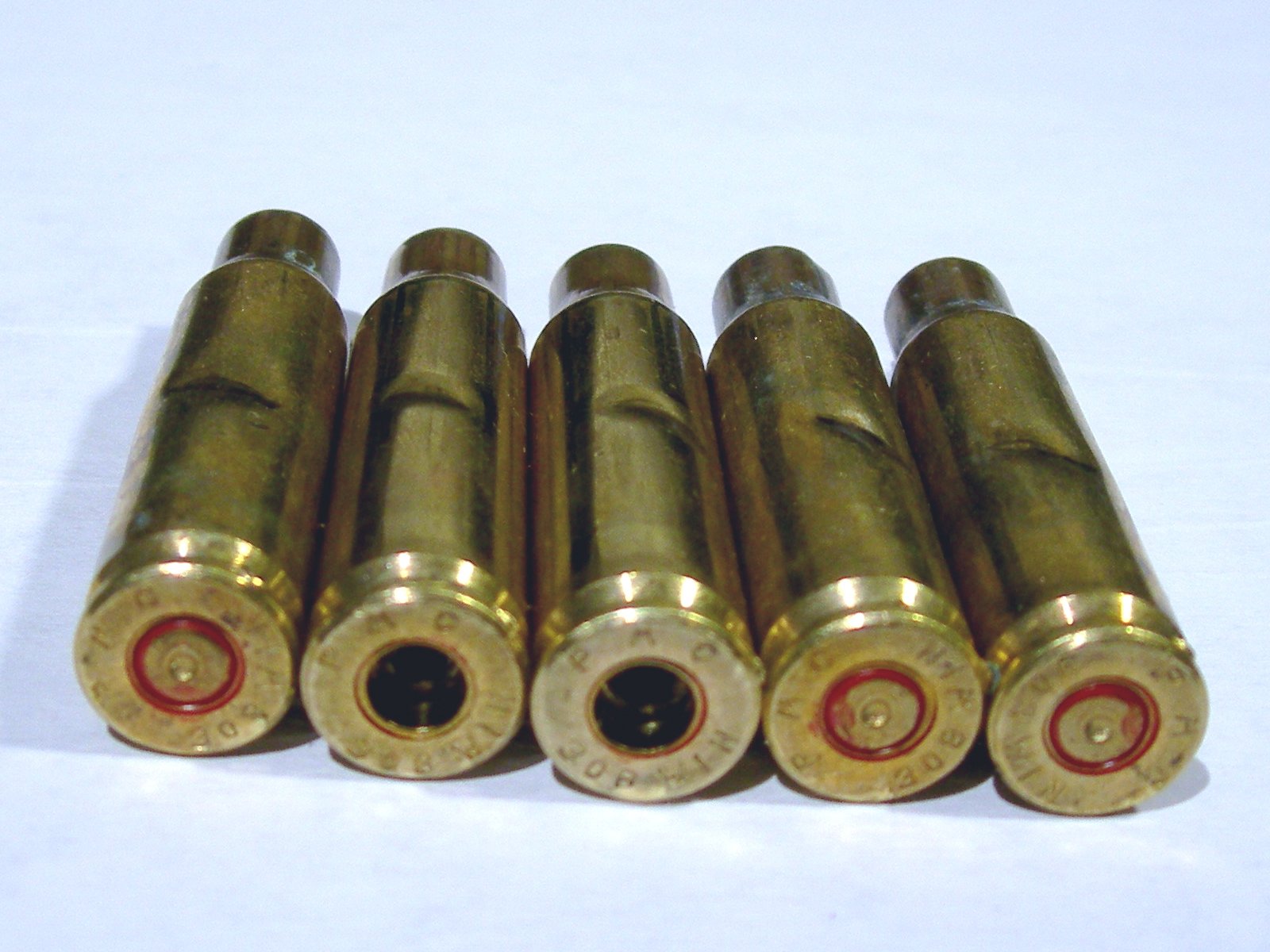One of the drawbacks of gun owners being a generally helpful bunch is that some try to offer up advice even when they shouldn’t. Yes, shockingly, some gun owners hold themselves out as experts when they don’t know squat. I know this is news to you, especially those of you who regularly chat others up at the range or those of you have spent more than 5 minutes at a gun club.
Snark aside, there are times when it can do serious financial damage. And it makes it worse when such bad advice is found in an official newsletter of an organization that, unjustly, may be seen as an authoritative source.
Yesterday’s mail included the Pennsylvania Rifle & Pistol Association newsletter, the source of the offending advice. One of their directors wrote an article on guns and insurance based on his experience with a devastating home fire. Filing a claim does not make one an expert in insurance. In fact, in Pennsylvania, I couldn’t even get past “Hello” and “please hold” when I got the receptionist at one insurance agency. She said their rules about even discussing insurance when it comes to quotes and advice are crazy strict, so she was not allowed to do anything more than transfer calls, take messages, and assist with non-insurance business needs since she was not licensed.
What follows is when someone who doesn’t seemingly have a background in insurance starts giving advice. (Reproduced as is, including grammatical errors.)
Last January we had a house fire resulting in 15 guns damaged by fire and smoke. I had very good Homeowners Insurance (Allstate “Deluxe” Policy) , and also the supplemental NRA sponsored (Arms Care) Firearms Insurance against fire and theft loss. I hope what follows may be useful information should any fellow members have the same misfortune.
I contacted NRA and told them I was submitting a claim. Their response was that my Homeowners Policy was the first resort and that my NRA policy was residual or secondary coverage in the event that Allstate failed to cover the loss.
Let’s stop here. I don’t have the insurance offered to NRA members for their guns, but my understanding is that the policy is secondary – that it covers above and beyond what your homeowners insurance covers depending on the policy you have with them. I never bothered getting it because my small collection was always under the amount that my renter’s policy covered. So why he would call the insurance company that NRA works with first is beyond me. (At least I’m hoping he called the actual insurance company and not NRA proper. Lord help him if he got caught in that phone menu.)
Allstate, like most other insurance companies, has limited firearms coverage for theft, but will cover all losses due to fire, flood, etc.
Hold up here! What?
All of my life, I have heard that if you live in a flood zone or want flood damage protection, you had to buy separate flood insurance. Google tells me this. More importantly, Allstate even verifies it with this statement:
A flood can be one of the worst disasters that can devastate your neighborhood. It’s such a big deal that the Federal Government runs a National Flood Insurance Program (NFIP). That’s why Home and Property Insurance typically doesn’t cover flooding. (emphasis added)
Now, this guy’s so-called “‘Deluxe’ Policy” may include flood insurance that was recommended because of his community or because he had a salesman who talked him into it. That does not mean that most policies cover damage to your guns from floods. In fact, it means the exact opposite. Fire, yes, but not floods.
Over the course of the next few months I found that Allstate was much more reasonable to deal with, relative to proof of firearms ownership, valuation, etc. than NRA and it’s Insurance carrier.
I’m guessing this guy has a bone to pick with NRA to have thrown that statement in there. At this point, he has already established that
- the supplemental insurance is just that – supplemental to what the home & property insurance does not cover;
- the primary insurance provider is going to cover the guns fully so he will not need to tap into the supplemental plan; and
- hopefully by now he has figured out to call the insurance company and not general NRA staffers.
So beyond just a shot across the bow at NRA, I can’t really figure out why he would be complaining about an insurance policy that he didn’t need to cash in on. Sebastian said that he thought he had heard that the insurance offered to NRA members was a bit of a pain, but that’s not really relevant for this article since the policy didn’t apply in this case.
After advice about safes and suggesting that members go through ADT for all of their home security monitoring needs, he then jumps into the area that just made me want to cringe – handing out insurance purchase advice.
Last but not least, and information well worth repeating, get out your Home Owners Insurance policy, call your agent, and get the maximum coverage, especially on personal contents, temporary housing, structure coverage, that is allowed. If you add up your total cash outlay for Home Owner Insurance coverage over however many years, you will find that it is a fraction of the cost of just one “catastrophic loss” due to fire, flood, or other natural disasters.
If he hadn’t had the absolutely horribly wrong comment about most home policies covering flood damage, then I would believe that he was an insurance agent deliberately trying to oversell folks for things they don’t need.
Now, I am not an insurance expert, but I have purchased enough to know that most people simply do not need a platinum-coated policy for most things covered. I’m also humble enough to admit that I don’t know enough about insurance to say much more.
I will add that if this has made you think about what your gun coverage really is for different types of losses, call your agent. Or, even better, call around until you find an agent who owns guns. I bought my car insurance from an agent who is not only a gun owner who shoots at our club, but his family is full of competitive shooters who hold state records. I know if I had questions, I could call him up and pick his brain to get an honest assessment.


